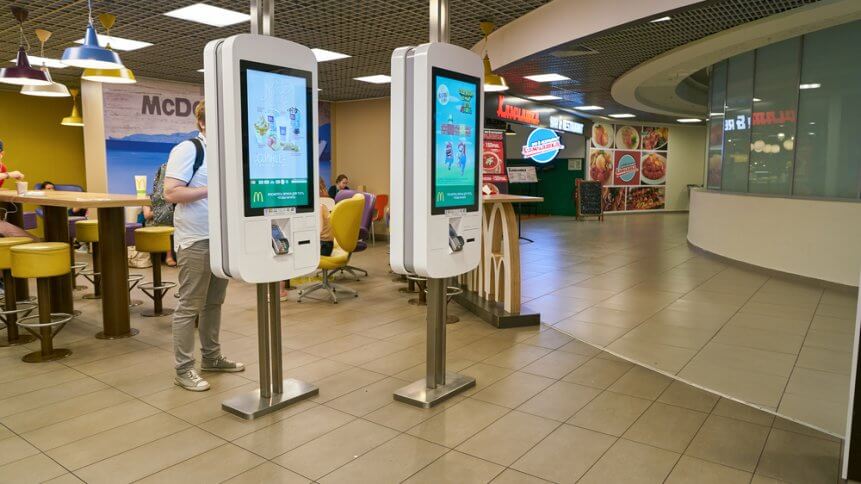25% US jobs to be ‘severely disrupted’ by automation

The impact of automation on US jobs could take hold in “a few years or two decades”, according to Mark Muro, a senior fellow at Brookings Institution.
Ultimately, however, disruption by artificial intelligence (AI) is inevitable. A new report by the Washington think-tank estimates that a quarter of US jobs will be “severely disrupted” as AI accelerates the automation of existing work.
That would account for the work of roughly 36 million Americans whose jobs are deemed “high exposure” to automation, with at least 70 percent of these tasks able to be performed effectively by machines in the future.
Among those jobs, food services— including cooks and waiters— short-haul truck drivers, and clerical office workers were are considered to be some of those most at risk. Muro warned that workers in these positions would need to “upskill, reskill or change jobs fast”.
While the timeframe is vastly imprecise, the report suggested uptake of automation technology could quicken within the next economic downturn, when businesses are looking for ways cost-cut, and are willing to disrupt embedded processes to do so.
In other respects, the automation ‘takeover’ could happen more subtly over a gradual period.
While Amazon’s warehouse robots and the like are those that steal the headlines, it could be technology such as self-checkout kiosks and computerized hotel concierges play a big but less noticeable part.
The rise of machine taking over routine tasks will changes most jobs to a degree, says the report, but the majority of workers, and businesses alike, will be able to adapt to that shift.
The effect will, however, be more pronounced among certain demographics and geographies. Smaller cities, such as those in the US heartland and Rust Belt, could be hit hardest by the changes.
Meanwhile, it may be younger workers making up the bulk of manpower in high-risk industries, such as food services, that are affected most.
The overall movement towards automation is taking a vast multitude of different forms across every industry.
Robotic Process Automation (RPA) software could play a frontal role in disrupting the finance sector; FAA proposals could see commercial drone use for deliveries become an imminent reality; and Walmart recently tested a robot to replace its fry cooks.
YOU MIGHT LIKE

Finance workers first to feel near-term AI blow
That’s just to name a several examples under the greater shadows of tech giants such as Amazon and Google, who— set on pursuing automation and AI technology to both improve products and reduce operating margins— are arguably leading the movement.
Speaking to CBS News, assistant professor at Toronto’s York University, Matias Cortes, noted that automation can have an overall positive effect on the jobs market, leading to economic growth, reduced prices and increased demand, while creating new jobs that counteract those it’s displaced.
However, he also said there were generally “clear winners and losers”.
It’s often easy to assume that it will be ‘blue-collar’ jobs and those with lower levels of formal education that will be affected first. As machines become more ‘intelligent’, however, a wider pool of educated workers could be impacted.
According to Cortes, the jobs that will likely go unscathed are those requiring advanced education, interpersonal skills and emotional intelligence.
“These high-paying jobs require a lot of creativity and problem-solving,” Cortes said. “That’s going to be difficult for new technologies to replace.”









